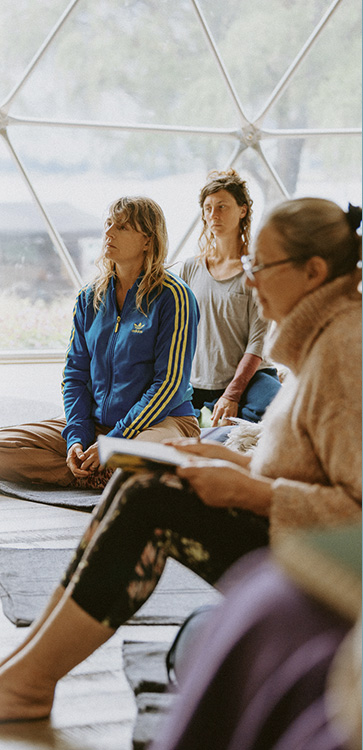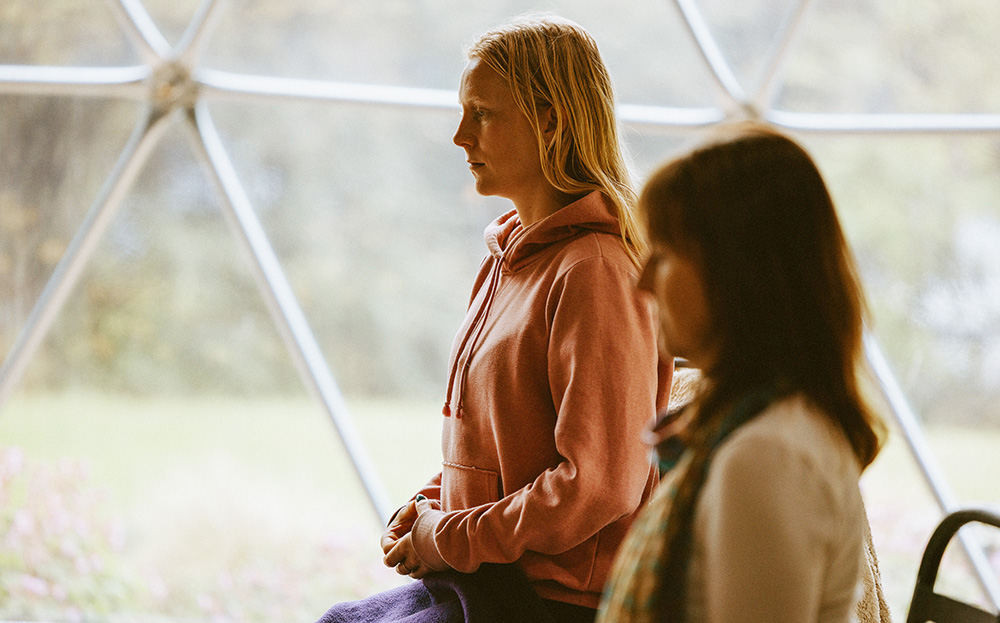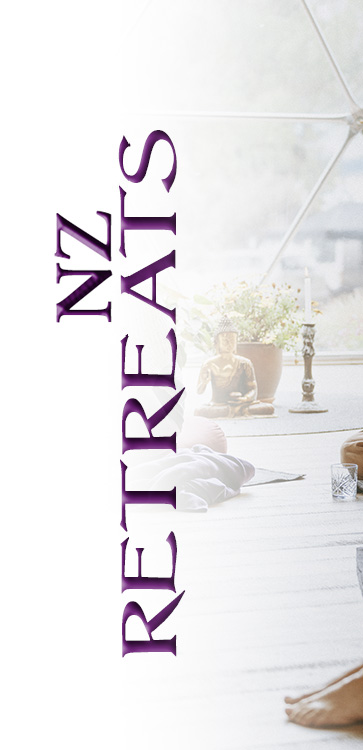
Meditation Retreat Syllabus
The meditation sessions will be a mix of discussion, practice and question and answer. In this teaching style it will be encouraged for you to develop a keen awareness of what you are doing in your practice. In this way Susan can give you personal instruction so you can further develop and refine your practice.
What will we be practicing?
The meditation practices and discussion will have a particular emphasis on cultivating quietness and steadiness in the mind as well as cultivating insights that bring freedom and peace of mind into our everyday life. Tibetan Buddhist meditations value an intelligent and structured approach to investigating ‘What is the mind?’ and consequently frame meditation in a practical and methodical way. The meditation practices will be taken from the Mahamudra and Dzogchen Tibetan Buddhist tradition. These will be presented in a secular, practical fashion.
3. Quiet time to nourish and gain inspiration on a path forward.
In this short video, Susan gives a brief introduction to the retreat.
1. Refining concentration, increasing cognition of when the mind wanders
Almost all meditation techniques have a concentration component. When we become skilful in paying attention, then the tendency to get lost in thought reduces and the mind begins to quieten. These are often called tranquility practices. Concentration objects may include the breath, mindfulness of body sensations or concentration on an object such as sound or mantra. On this retreat you will learn refinement techniques to improve the stability of your concentration or mindfulness. The stability of mind means peace of mind, we are more able to focus in our daily life, we indulge less in negative thought patterns, our stress levels decrease, and we feel more at ease. These include intensifying practices which are used to bring greater awareness to background thoughts as well as to the dullness that can develop in the mind when meditating. If your meditation progress is stagnating then this improvement in looking more closely at the object of your concentration will enable you to start progressing again. It is through this increased focus that we experience a stilling of the busynessof the mind; a tranquility and clarity arise.
2. Insight practices; moving beyond identification with self, thoughts and emotions
Emptiness practices are a central component of Buddhist meditation. Emptiness means ‘a construction of mind.’ In our meditation, and of course in our daily lives as well, we get caught up in, and strongly identified with our thoughts and emotions. On this retreat we will introduce emptiness of self, emptiness of thought and emptiness of emotion practices. This does not mean having no self, thoughts or emotions but rather realising experientially how our thoughts and emotions are things that the mind is constructing. When we learn this, we become less emotionally reactive in our relationships and with ourselves, we tend to be more open and less rigidly entrenched in our views and opinions. These practices are liberating and freeing, and most importantly they bring ease and joy.
3. Resting in awareness; a new basis of operation
Much of our daily life we tend to be busy thinking, we operate a lot out of thought, and for some of us many of these thoughts are repetitive and negative. However when we learn to still the fluctuations of thought we are able to shift to spending more time in awareness, an awareness that is beyond the busyness of thinking. When we operate out of awareness there is no reactivity and we feel less self-centred and more connected to others; We will investigate and examine the characteristics of operating out of awareness as opposed to thought – exploring qualities such as spaciousness, connectedness, and the tendency to fabricate experience. On this retreat we will then practice taking this off the cushion as we interact with others and the nature around us.
Receive personal guidance around your meditation habits so you keep progressing
Each of us have habits that we develop in our practice, some serve our meditation and others don’t. With this retreat Susan will encourage you to be observant and disciplined in the habits that support your practice and bring more awareness to those that don’t, both on and off the cushion. Personal suggestions will be given to each student so that you can be inspired to develop this life changing and abundant practice.

Meditation is a means where we can direct our life rather than be at its whim. When we understand how the mind works it becomes serviceable.
Susan Allen who is leading the retreat is the founder of Yoga Ground, studios in Auckland and Wanaka, New Zealand. She also owns Entering the Stream, a world class online yoga and meditation platform and The Yoga Transition, a yoga teacher mentorship business. Read more about Susan here.

Retreats NZ | susan@theyogatransition.com | +64-21-222-6550
Retreats NZ susan@theyogatransition.com
+64-21-222-6550
